When someone’s nervous system is overwhelmed (think about that), by a very stressful, frightening or stressful event, then due to the make up of the human nervous system/brain/endocrine system, the results can be devastating and far reaching. This can lead to the development of defensive behaviours/ways of thinking and feeling which will directly impact someone's experience of life in the present. Many people, either through therapy, reflective thinking, reading etc may become aware that they are using these defensive mechanisms but feel that they have no control over doing any differently. More deep reaching therapeutic work is needed to reach it. EMDR can provide such a therapeutic intervention.
Childhood trauma
Many people associate EMDR work with working on a one off trauma such as an assault or accident etc Whilst it is extremely effective at dealing with such wounds, most people who seek therapy have had some kind of traumatic event(s) in their childhoods, causing ways of relating to themselves and others which are defective or causing them hurt. This is where incorporating EMDR into longer term therapeutic work can be extremely useful and the client can work with the therapist to identify significant (target memories).
Attachment Informed/focussed EMDR
When a traumatic event is reprocessed, it needs something positive to adapt to. This could be to do with how the client relates to themselves for example. If there has been missed needs in childhood (usually the case when someone seeks therapy) then the client may exhibit defective ways of relating to themselves which cause harm. These defective ways of relating to self can get triggered when doing EMDR so it is important to address these gaps first. Attachment informed EMDR (a phrase coined by Mark Brayne ) does exactly this and therapist and client can work to determine these missed needs and use EMDR techniques to resolve them first
How does it work?
What do we mean when we say we are reprocessing an event?
EMDR is an 8 phase model incorporating preparation, stabilisation, reprocessing and installation. The reporocessing phase consists of the client undertaking bi-lateral stimulation of the left/right hemispheres of the brain (sounds drastic, all it means is looking/tapping left and right) whilst thinking of the event, the feeling around it and the negative belief that the event has caused for the client. Remember: EMDR works from the basis that the unconscious wants to move towards health and that as such, given the right conditions, it knows how to heal itself.
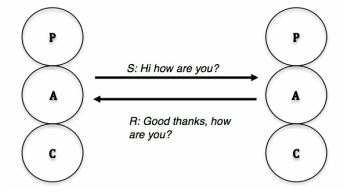
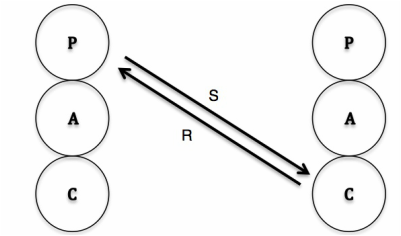
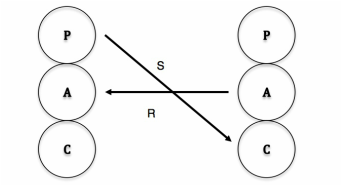
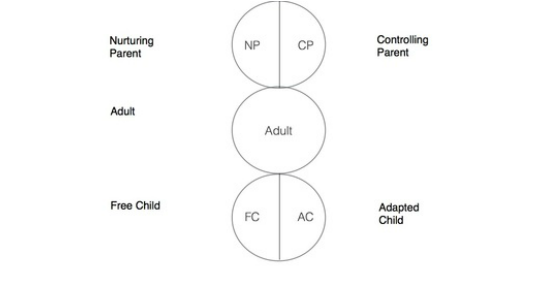
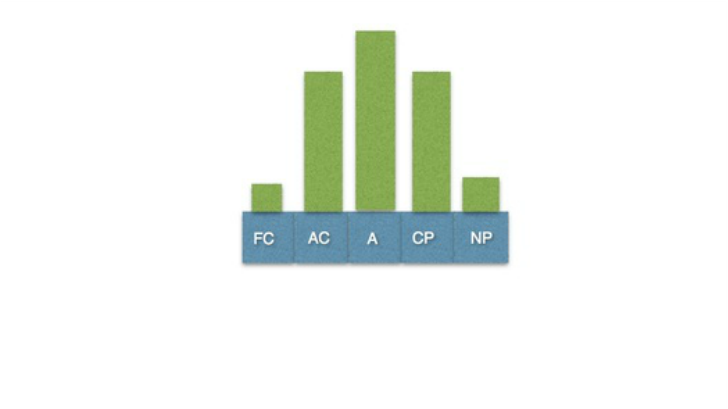
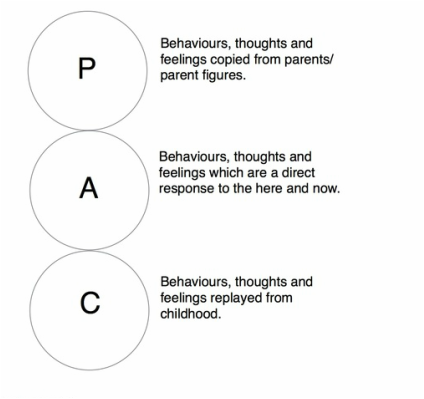
 RSS Feed
RSS Feed